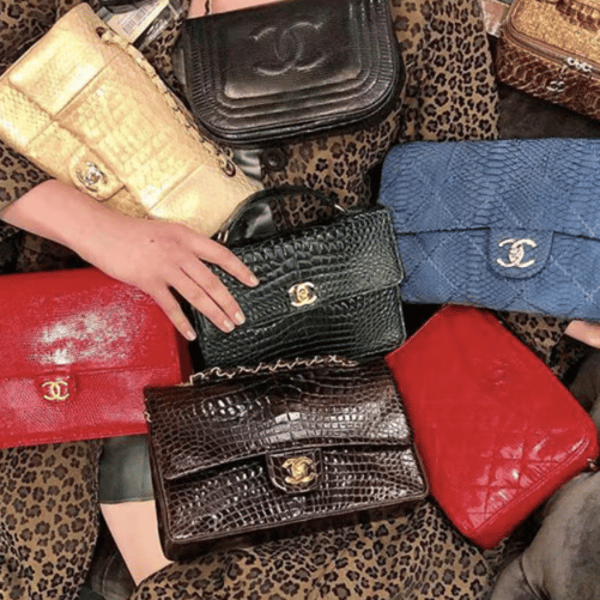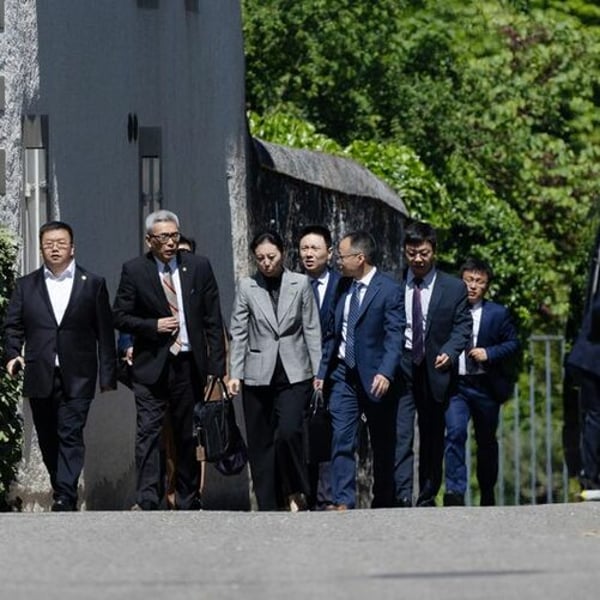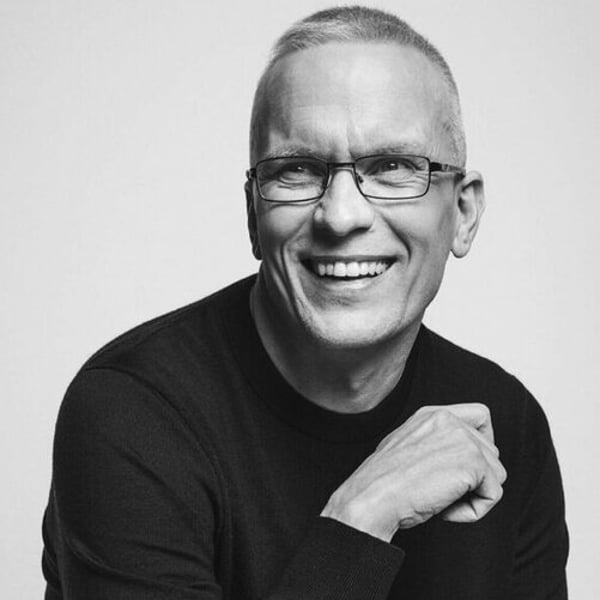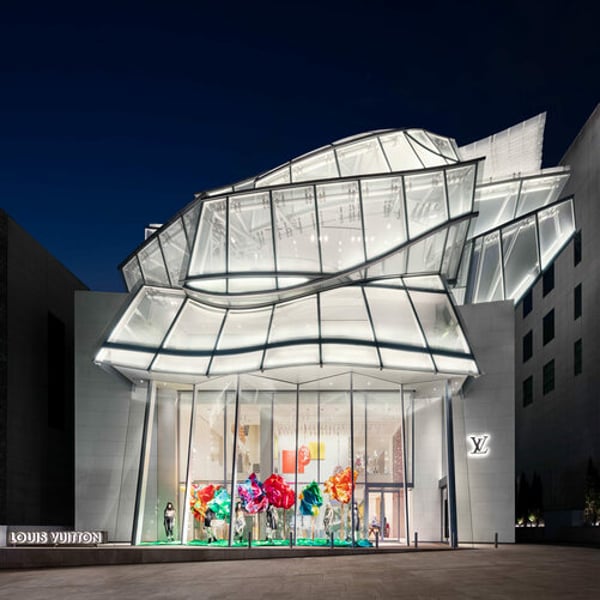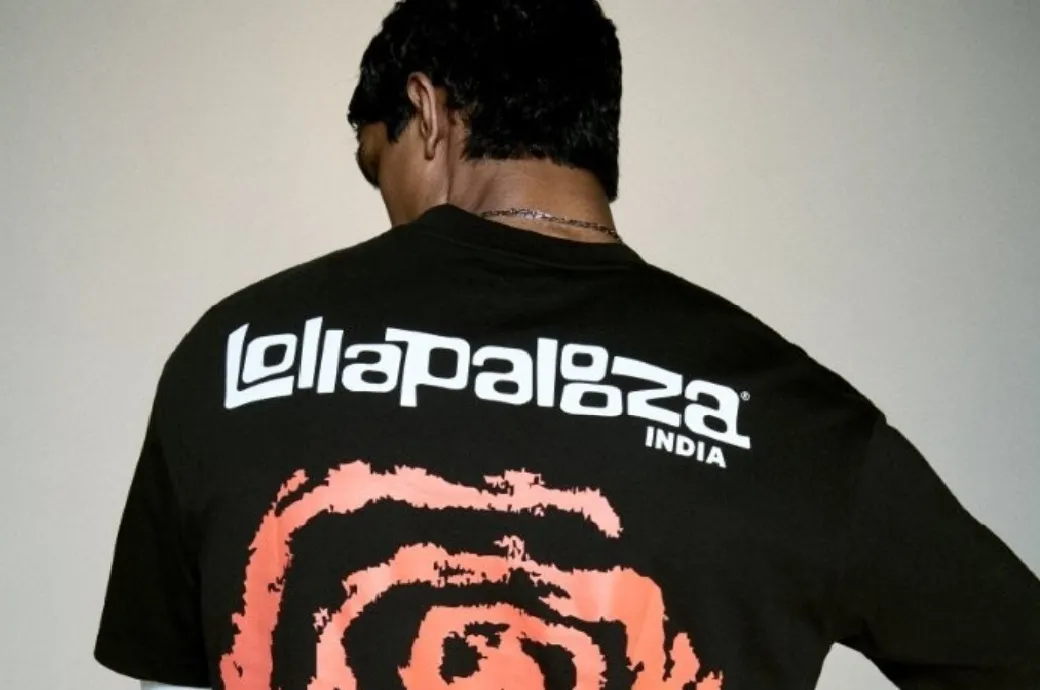Chanel has flexed its brand protective muscle and come out on top. In a landmark trial that lasted nearly a month, a jury ruled in favor of the French luxury giant over its claim that New York-based independent vintage reseller What Goes Around Comes Around far exceeded the practices of the first sale doctrine. and knowingly sold fake Chanel products. in another way. The retailer, also known as WGACA, is beloved among vintage lovers and the fashion industry, who have used it as a source of inspiration and style since it opened more than 30 years ago. The three-store Soho-based company has become the first secondary market reseller to take on the iconic brand, founded by Coco Chanel and known for going further than most to protect its intellectual property, in court. The case was first filed against WGACA in 2018, and the court decided many facets prior to this trial; The courts found that a jury would have to determine whether WGACA was guilty of trademark infringement and had knowledge of the unauthenticated products they offered. As planned, the case will go to an appeals court.
Following the news on Tuesday, Seth Weisser, CEO and co-founder of What Goes Around Comes Around, issued the following statement:
“We are incredibly disappointed in today's verdict; however, the case is not over. The court has not yet heard post-verdict motions. We will have further comment after the case is final. We look forward to post-verdict motions while exploring our legal options.”
“WGACA has always had a rigorous authentication process and has never in the company's history sold a non-genuine or counterfeit product. Today's verdict was not about not selling a counterfeit; it was about WGACA selling items that were voided. in the Chanel database. Without any access to this database, the resale industry would not know the status of these serial numbers. We continue to maintain our 100% authenticity guarantee.”
In an exclusive email to FashionNetwork.com, Weisser clarified some of the nuts and bolts of the ruling as it stands now. “This case has no bearing on our ability to continue offering authentic Chanel products as we have always done. Additionally, as a result of this case, we have already begun to modify our use of hashtags simply because they are not as important to our social media platforms. “We continue to adequately offer and offer Chanel on WGACA Live and throughout the business,” he said.
Going to trial is presumably a much more expensive affair for WGACA as Chanel is generally presumed to retain legal counsel. A Chanel attorney at trial alleged that between 2016 and 2022, WGACA sold $90 million worth of used Chanel products, or approximately $15 million each year. The products offered are generally accessories, mainly bags, ranging in price from approximately $2,000 to $12,000. An average of $6,000 per bag is equivalent to 2,500 Chanel bags per year, averaging almost 7 per day. It is almost impossible to determine this claim made by Chanel, and it is equally challenging to imagine that WGACA was generating so much sales volume with a single brand.
While the WGACA does not agree that this number is accurate, Weisser said that Chanel products represent 15 percent of its total business and that, in terms of its best-selling brands, Chanel ranks third behind Louis Vuitton and Gucci.
In fact, crucial to the case were 50 serial numbers that disappeared in the early 1990s and Chanel herself testified that it took 16 years to determine that they had been stolen. WGACA unknowingly came across one of these bags that, for all intents and purposes, presented itself as any other genuine Chanel bag. (The question arises as to whether one of Chanel's authorized factories was responsible for the theft, since these serial numbers are assigned to the bags at the point of production.) WGACA's position is that they do not have access to Chanel's internal serial number tracking system. , how could they have known that something with these numbers was fake?
Additionally, Chanel had claimed that WGACA overcomes the first sale doctrine by using the word Chanel and its logos in marketing initiatives such as hashtags on its social media channels.

FashionNetwork.com spoke with Julie Zerbo, attorney and founder of The Fashion Law, a modern news and information company exploring the legal and business challenges facing the retail industry in this landmark case. While there were many nuances to WGACA's practices, the test impacted the entire resale ecosystem that has flourished over the past decade and, in many cases, competes for the same first-market customers as its secondary market consumer.
To clarify, Zerbo points out that it is perfectly legal to resell authentic products, and in doing so they can describe a product, use its name, and list its retail price.
“Chanel does not disagree with that, but alleges that WGACA went further, and this goes beyond fair use of the Chanel brand. Chanel claims that by using hashtags and images of Chanel and photographs of bags that WGACA did not even put up for sale, it was intended to deceive the consumer with whom these two companies are affiliated,” he explained in a telephone interview on January 31.street He added: “Some of the big issues that will affect resellers across the board is the amount of a company's trademarks and images that can be used to market presumably authentic products. Is it permissible for a company to resell an authentic product without fear for someone to do it.” file a lawsuit against them, as the first sale doctrine states that perfectly,” he added. Zerbo also noted that the WGACA is very nuanced, making it difficult to assess how it will affect the resale market as a whole.
During the trial, Joyce Green, CEO of Chanel France, testified that since November 2020 she had not encountered any customers or retailers confused about WGACA's offerings in conjunction with Chanel. Although Zerbo attests that the client's confusion is only a technical point that the court considers in making that determination; It is a series of factors such as how similar the trademarks are, how similar the products are, or how sophisticated the consumers are.
The nuance is due in part to this rare situation of missing serial numbers, which, in at least one case, was found on one of the Chanel bags that WGACA was selling. According to WGACA attorneys, the case helped Chanel resolve the unresolved missing serial number situation.
“The interesting thing is that what Chanel is trying to argue is that if the bags are released to the market without their authorization and without being subject to the quality control and authentication processes that they have in place during the time that includes the assignment of a number As standard, even if it is “permitted” to offer products for resale without the brand owner's authentication, if Chanel never put those bags on the market in the first place, then the entire first sale doctrine does not apply and the “WGACA cannot argue that as a defense; that is the underlying issue and argument,” Zerbo offered.
For its part, Chanel issued the following statement once the verdict was known.
“Chanel would like to express its deep gratitude to the jury for their service during the trial, which lasted almost a month.
Chanel welcomes the ruling, which demonstrates Chanel's unwavering commitment to protecting consumers and its brand against false associations, trademark infringement and counterfeiting, and false advertising. Such violations harm consumers and damage goodwill and the Chanel brand, because they are likely to confuse the public as to the nature of the CHANEL brand items they purchase.
Second-hand platforms, when they operate with transparency about the CHANEL brand items they sell and cooperate with authorities, Chanel can help in the fight against counterfeiting.
“We look forward to the next phase of the trial, which concerns compensation for damages.”
Copyright © 2024 FashionNetwork.com All rights reserved.

